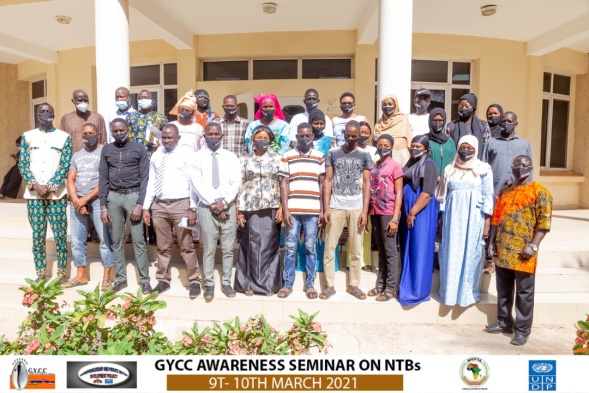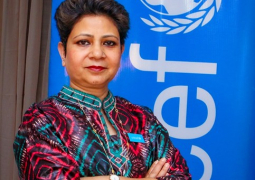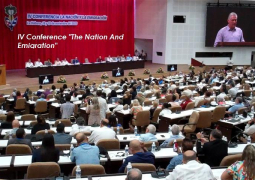
The theme for the seminar was ‘enhancing the capacity of youth and women border traders’ on Non-Tariff Barriers (NTBs) and its reporting mechanism to facilitate intra-Africa trade.
The training was funded by the entrepreneurship and private sector development project under the Ministry of Trade through United Nations Development Programme (UNDP).
Ismaila Sambou, GYCC president described the AfCFTA as a significant milestone in the journey to Africa’s free trade integration and development.
The agreement, he said, also seeks to benefit youth and women as well as small and medium scale enterprises, which predominate economic activities within the African continent.
“Women in business should be fully engaged in determining the agenda for the establishment and implementation of the AfCFTA”
Sambou maintained that boosting productivity and closing the gaps in resources between women and men in trade could change the trajectory of the AfCFTA leading to foster implementation and shared prosperity.
He therefore, challenged governments, trade unions and actors to take bold actions to ensure that micro and small enterprises owned primarily by women and youth are not left behind.
Omar Kanteh, focal person for Non-Tariff Barriers at Ministry of Trade, Regional Integration and Employment said regional integration of African economies has for many decades been the long lasting goal of African leaders, as it offers a fair distribution of trade benefits liberalisation.
Alagie Jarju, executive director of National Youth Council said having the mechanism is one achievement, but the biggest achievement will be how they ensure it is fully implemented.
Abdou Touray, program specialist at UNDP in deputizing for the resident representative said Gambia’s future depends on the quality of young people, saying The Gambia can produce and export the best.
The agreement, he added, holds a lot of benefits for African trade, especially in improving economies, making the continent more productive and enterprising, creating jobs and overall improving livelihoods, thus eradicating poverty.
Read Other Articles In National News

Senegambia Ex-staff donate D40K in hygiene supplies to Mile Two Prison
Aug 18, 2025, 11:10 AM

5-year old child with heart disease seeks support for overseas treatment
Dec 4, 2023, 11:46 AM



